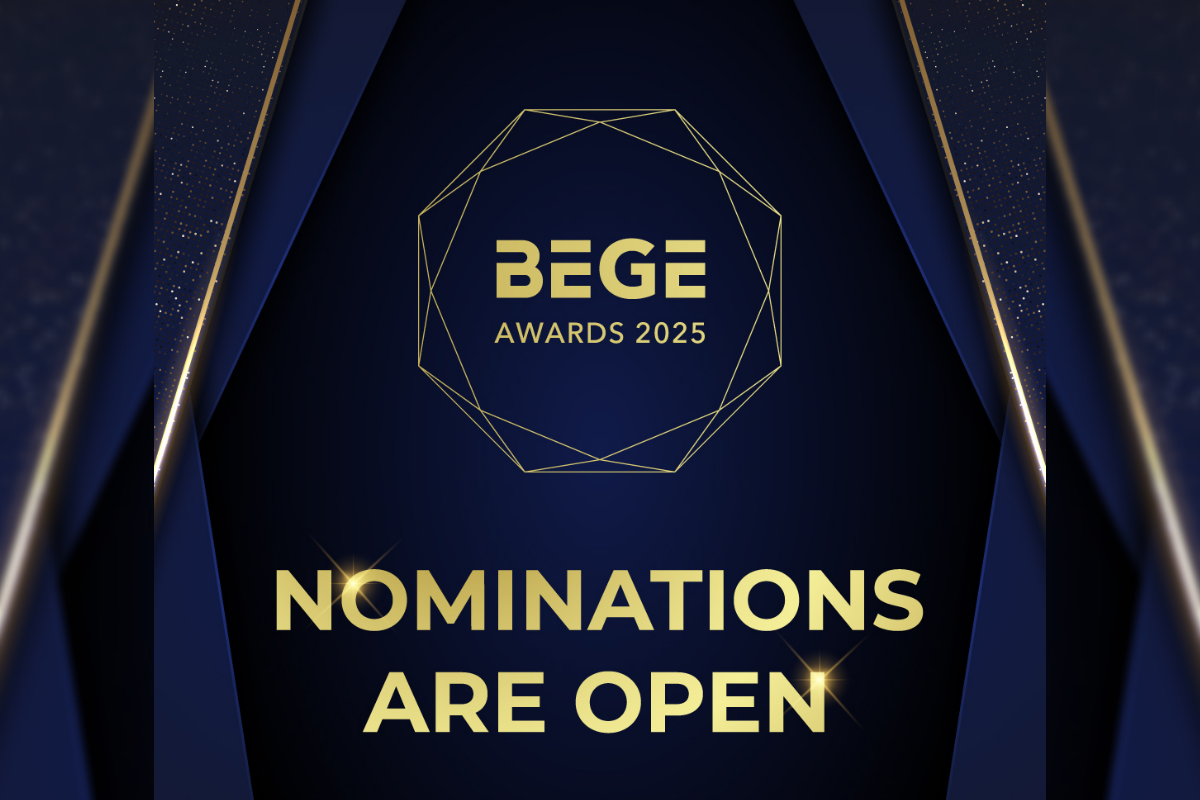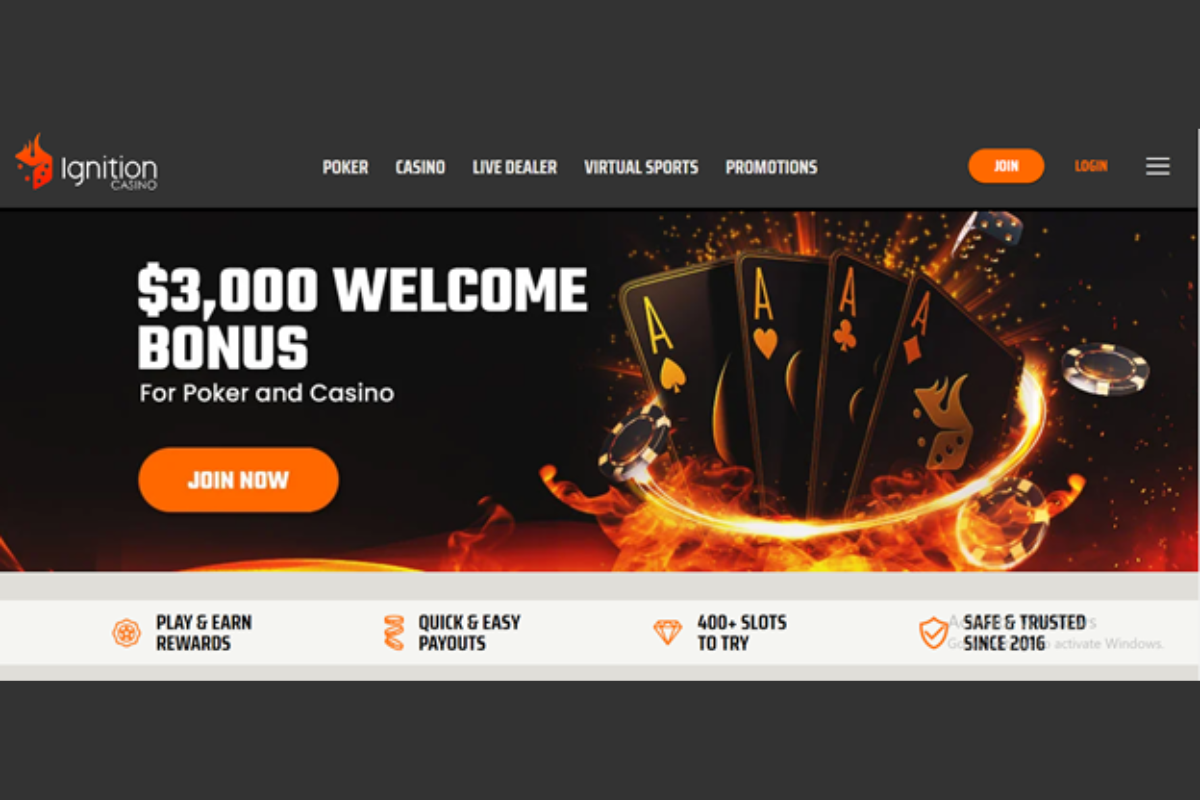Gaming
Lion Gaming Sees Huge Potential For AI To Enhance B2B Platform Offerings
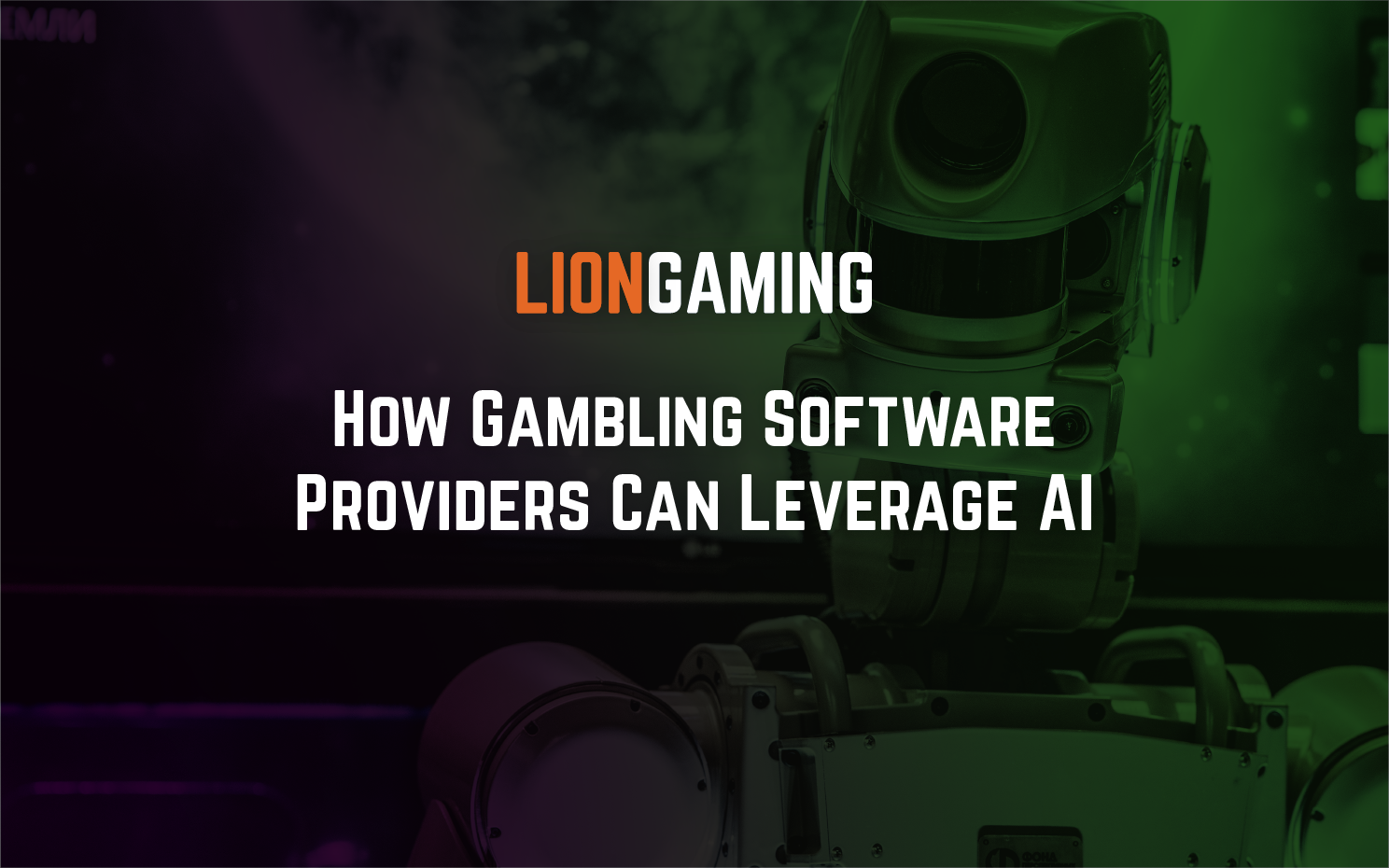
Artificial Intelligence (AI) is no longer just a buzzword. It has become a powerful tool that has the potential to disrupt and revolutionize dozens of industries, and iGaming is no exception. B2C operators are already exploring ways to incorporate AI into their operation, and B2B platform providers need to keep up with the growing demand for these technologies. Lion Gaming has explored 7 areas where iGaming software providers can start incorporating artificial intelligence to take their platforms to the next level.
- Personalized Gaming Experiences
AI offers a personalized gaming experience to players by analyzing data and player preferences to provide recommendations on games. This not only enhances the overall gaming experience but can help increase player retention. By leaning on AI, providers can enable operators to remove some of the guesswork for their players, getting them into the game faster and keeping them engaged for longer. Personalized recommendations can also be used to offer curated promotions and bonuses to players, improving retention building initiatives. By leveraging AI to analyze player data and preferences, platform providers can facilitate more engaging playing experiences and gain an edge in the market.
- Fraud Detection and Prevention for Gambling Software Providers
AI can detect patterns of fraudulent behavior and prevent fraudulent transactions from occurring in online casinos. By analyzing large amounts of data, AI can flag potentially fraudulent activity such as multiple accounts associated with the same IP address or credit card, or unusual patterns of betting behavior. Many KYC and AML services offer these services, but by leveraging AI to protect the integrity of online casinos, platform providers can help operators build trust with both players and regulators.
- Customer Support
AI-powered chatbots can be used to provide 24/7 customer support to players. Chatbots can help players with common queries without navigating away from the page they’re on. Furthermore, chatbots can be used to gather feedback through surveys and questionnaires to analyze player behavior. AI-powered chatbots also have the ability to converse in many different languages, and engage in multiple conversations simultaneously. As a result, AI’s presence in iGaming will push the evolution of chatbots even further, and a platform provider’s ability to integrate this technology into operator sites will give those operators a competitive edge.
- Responsible Gambling
Everyone knows how important responsible gambling measures are online in the iGaming industry, and software providers need the means to provide a safe and enjoyable experience on the sites they support. AI can help software providers promote responsible gambling by detecting and analyzing player behavior. AI can detect any signs of problematic patterns, such as excessive spending or prolonged gameplay sessions, and provide recommendations based on this data. This information can then be used to provide support and guidance to players who may be at risk of developing problematic gambling habits. In the future, AI technology will be able to reach out to at-risk players without manual intervention from operators.
- Adaptive Marketing
We’re already seeing operators create marketing promotions based on player behavior and demand. AI technology can help supercharge these efforts by optimizing delivery of the right promotions to the right players at the right time. Marketing and advertising can be sizeable expense; AI can help mitigate some cost by making campaigns more efficient.
- AI, VR and the Metaverse
As VR becomes an increasingly disruptive technology in the iGaming space, AI will be needed more than ever to enhance player experience. AI algorithms can help create more realistic avatars, create an infinite combination of avatars for players to choose from, and allow interactions with them to be more authentic and immersive. Furthermore, AI helps boost security in the metaverse by detecting fraudulent behavior and potential cyber attacks.
- Compliance and Regulation
Compliance and regulation are arguably the two most important aspects of the online casino industry, and AI can help gambling software providers stay compliant with regulations and ensure that their operations are legal and transparent. As previously outlined, AI can be used to monitor transactions and detect any suspicious activity that may be related to money laundering or other fraudulent activities. Finally, AI can be used to detect instances where online casinos are failing to meet the requirements of the jurisdictions they operate in, and even predict when an operator will be at risk of breaches before they happen.
While “disrupt” may not be the right word, AI certainly has the potential to enhance core aspects of a platform provider’s offering. Providers who can successfully leverage AI will be far better positioned to provide operators with the tools they need to succeed in this space. If you are interested in integrating the latest technologies into your iGaming platform, look for a provider that shares the same innovative mindset as you. The key is to look for providers who are pushing the boundaries of what a platform can do, while integrating traditional gaming technologies to create a comprehensive offering.
-

 Interviews6 days ago
Interviews6 days agoHIPTHER Community Voices: Alieu Kamara – Founder and CTO of AmaraTech
-

 Asia6 days ago
Asia6 days agoMetal Genesis Announces “Barrel of a Gun” Song Collab with Priscilla Abby
-
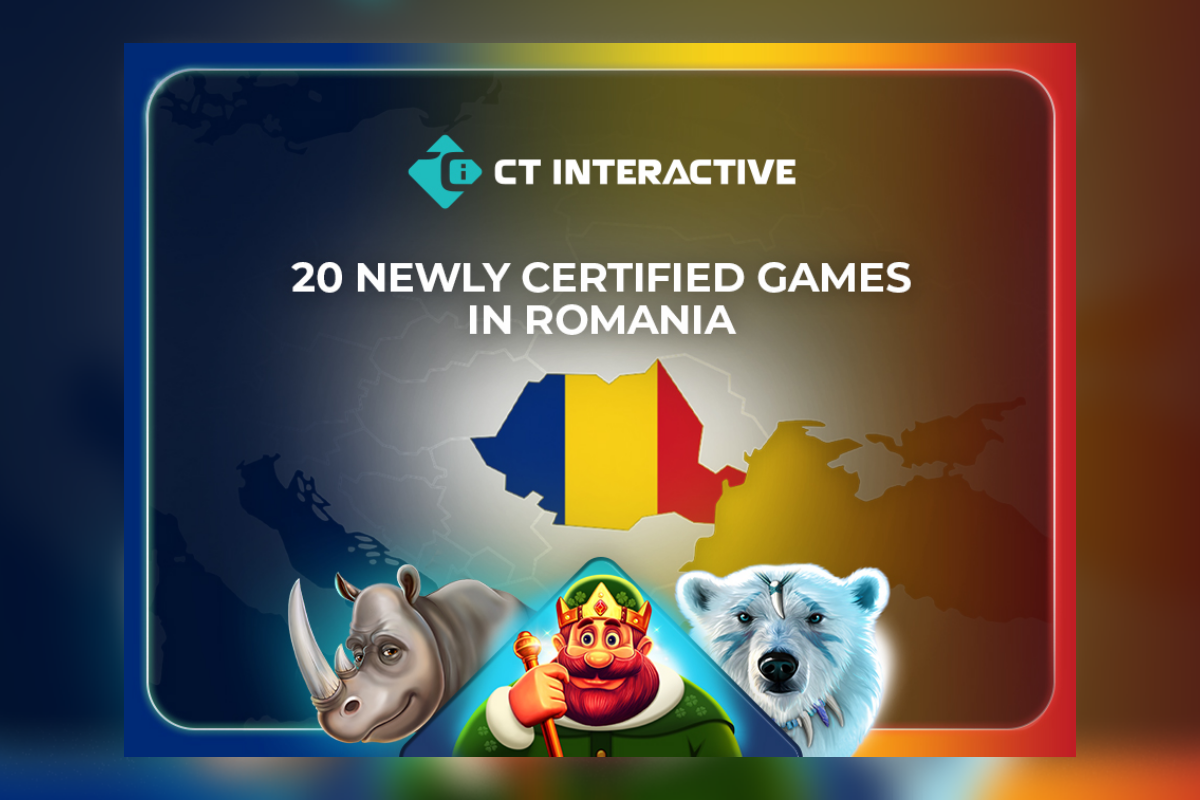
 Compliance Updates6 days ago
Compliance Updates6 days agoCT Interactive grows its certified portfolio in Romania
-
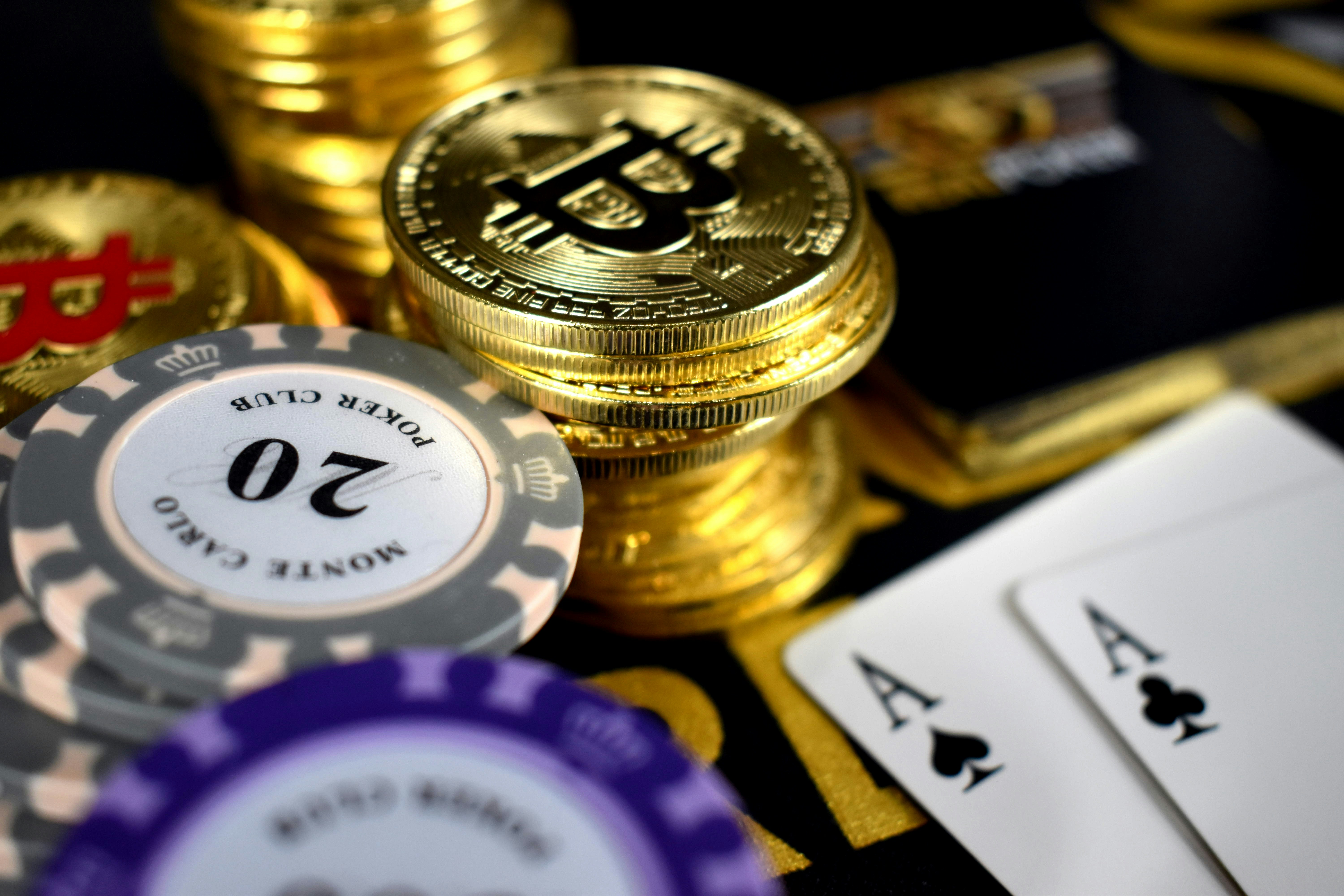
 Latest News7 days ago
Latest News7 days agoSpain and Regulated Innovation: How DGOJ-Licensed Casinos Are Beginning to Integrate Crypto
-
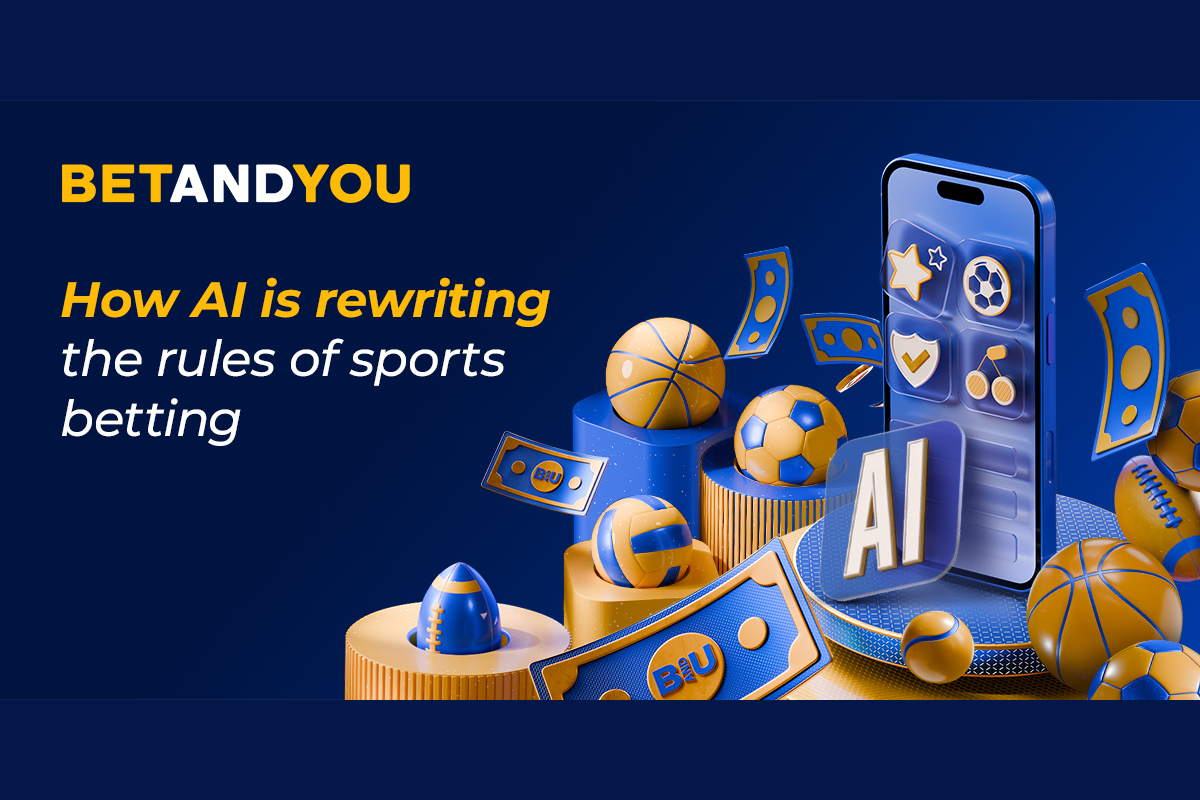
 Latest News6 days ago
Latest News6 days agoFrom gut feeling to game-changer: how AI is rewriting the rules of sports betting
-

 Latest News7 days ago
Latest News7 days agoZITRO TO PRESENT A BOOM OF NEW GAMES IN TORREMOLINOS
-

 Latest News6 days ago
Latest News6 days agoWeek 36/2025 slot games releases
-
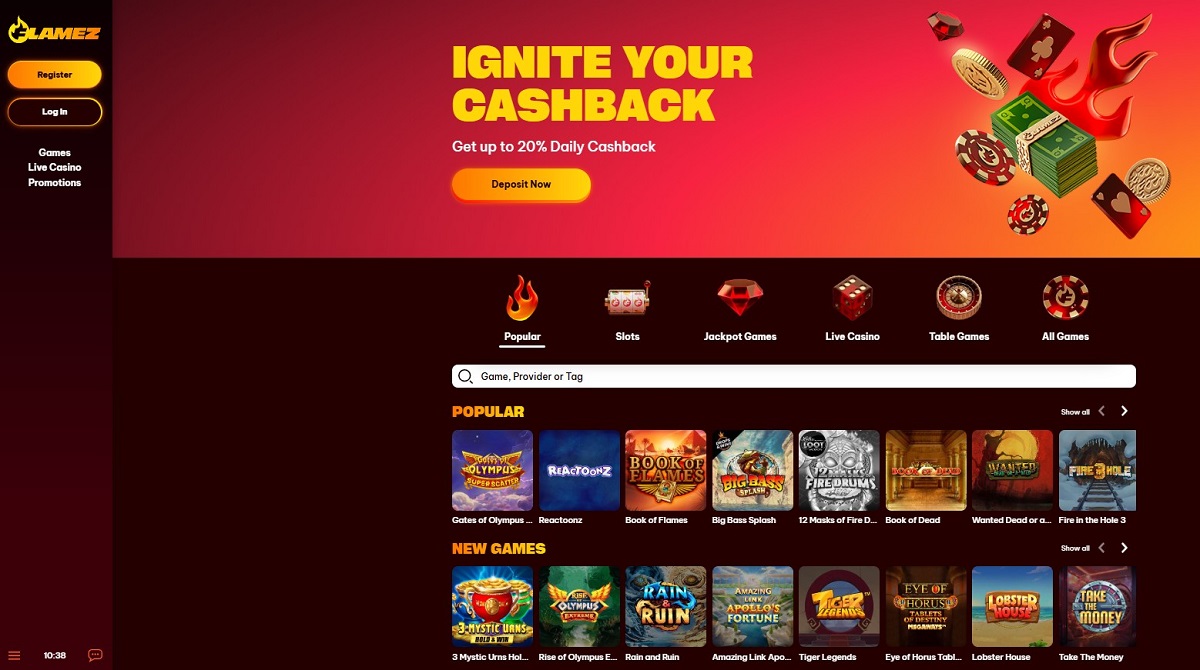
 Latest News6 days ago
Latest News6 days agoFlamez – A Fiery New Online Casino Contender from Ganadu














